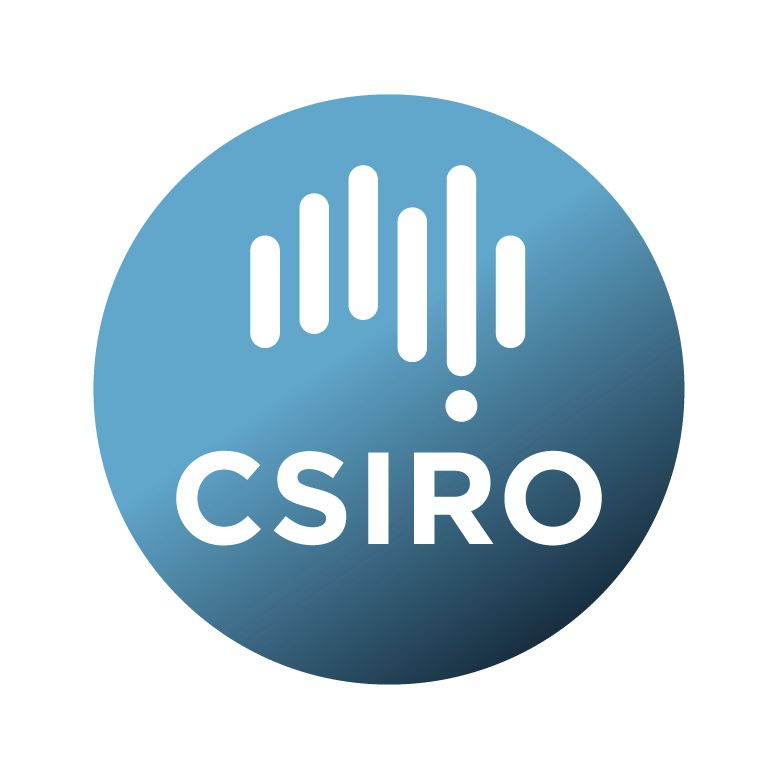Brief description
A program for analysing compositional heterogeneity across aligned sequence data.Most model-based molecular phylogenetic methods assume evolution under stationary, reversible, and globally homogeneous conditions, implying that it would be unwise to use these methods if the data evolved under more complex conditions. Homo allows users to test whether pairs of sequences in alignments of nucleotides or amino acids are consistent with evolution under stationary, reversible, and globally homogeneous conditions (for details, see Ababneh et al. 2006b).
The output is a: Brief summary (printed to the terminal); Full summary (printed to a file); Five tables (printed to files), one with the p-values and four with the compositional distances.
The summaries allow users to determine whether some of the sequences violate the assumption of evolution under stationary, reversible, and globally homogeneous conditions.
For further details, see the manual, which is included with the software.
Available: 2018-01-11
Subjects
Applications in Life Sciences |
Applied Computing |
Biological Sciences |
Bioinformatics |
Bioinformatics and Computational Biology |
Bioinformatics and Computational Biology Not Elsewhere Classified |
Homo 1.3 Software |
Information and Computing Sciences |
nucleotide sequences |
phylogenetic tree |
User Contributed Tags
Login to tag this record with meaningful keywords to make it easier to discover
Identifiers
- DOI : 10.4225/08/5A56C7A9E4C2A

- Local : 102.100.100/62790


